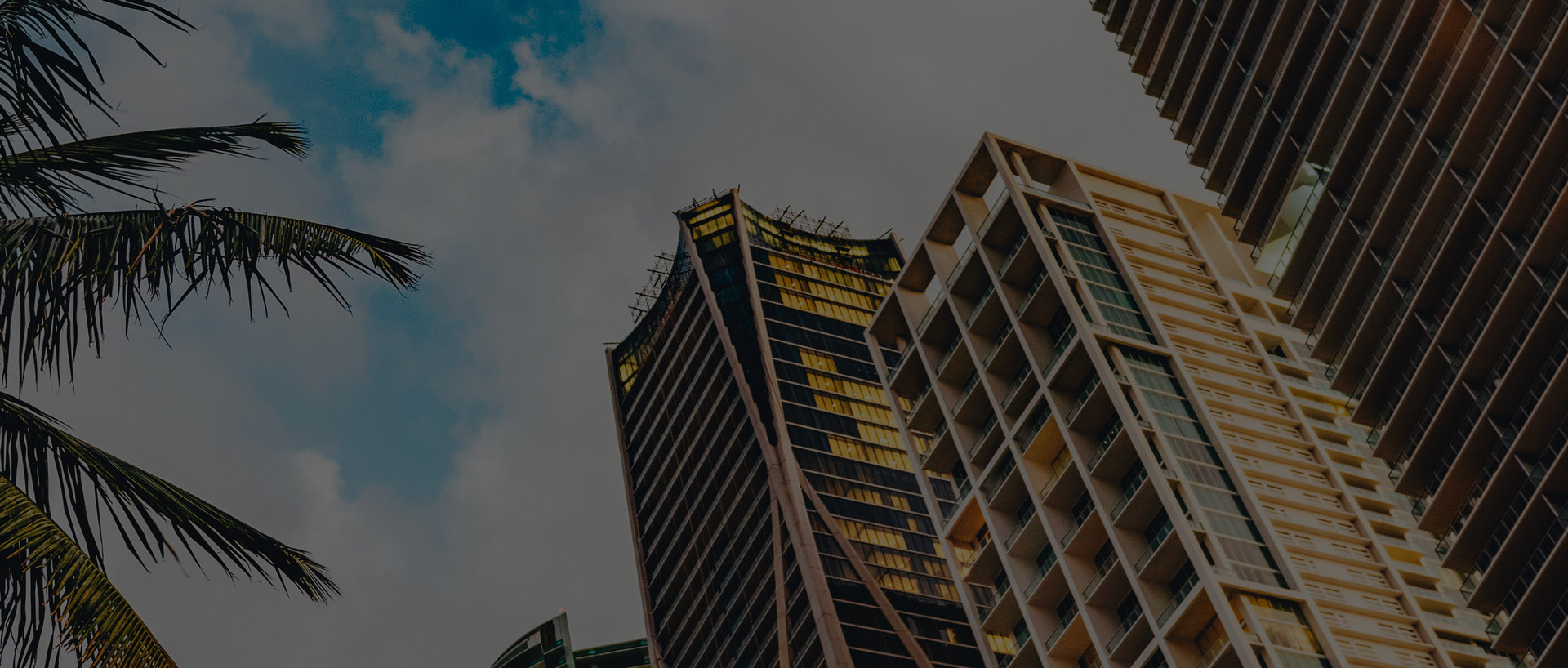What is the Difference Between Lawyers and Attorneys?
September 23, 2021 | Sagi Shaked | Personal Injury
The terms “lawyer” and “attorney” have the same meaning in the US. They both refer to someone who practices law.
The technical term for someone admitted to the Florida Bar is “attorney at law” or “counselor at law.” But most lawyers don’t use these terms. Instead, they favor the more recognizable terms “lawyer” or “attorney.”
Here is a guide to lawyer’s qualifications and how Florida regulates the practice of law.
Admission to the Bar
Before someone can practice law, they must first be admitted to the state bar. The Florida Bar is an arm of the Supreme Court of Florida that licenses lawyers. The Supreme Court of Florida sets the rules for admission, and the Florida Bar enforces these rules.
The regulations for admission to practice law have several requirements, which include:
Degree from an Accredited Law School
Applicants for admission must have a juris doctor (JD) degree from a law school that is accredited by the American Bar Association. The Florida Board of Bar Examiners can waive the degree requirement if an applicant has practiced law in another jurisdiction for several years.
Proof of Character and Fitness
Applicants must have good character and nothing in their background that would block them from admission.
Some of the reasons for disqualification include:
- Felony conviction
- Felony probation
- Academic misconduct
- Job misconduct
- Professional misconduct
- Falsifying an application to practice law
- Acts involving dishonesty, fraud, deceit, or misrepresentation
- Financial irresponsibility
- Violation of a court order
- Substance use disorder
- Mental disorder
- Denial to practice law by another jurisdiction
- Suspension or disbarment by another jurisdiction
Applicants can overcome past misconduct and evidence of poor judgment by showing evidence of rehabilitation.
Acceptable evidence includes reference letters, personal assurances, payment of restitution, and exemplary service beyond what is expected for members of the community.
Passing Score on the Bar Examination
The Florida bar examination includes two parts. A general bar examination tests the candidate’s competence in the law. It covers legal fields like contract law, tort law, constitutional law, property law, family law, and wills and estates.
Tort law is of particular relevance when you need a personal injury lawyer. Tort law covers negligence, which provides the basis for insurance claims and lawsuits for medical malpractice, car accidents, slip and fall accidents, and other accidents.
The second part of the bar exam covers legal ethics. All lawyers must prove their understanding of the ethical rules and how they apply in the real world.
Authorized Practice of Law
Everyone in Florida who holds themselves out as a “lawyer,” “attorney,” “attorney at law,” or “counselor at law” must meet these requirements.
A licensed lawyer/attorney may:
- Represent others in judicial and administrative proceedings
- Provide legal advice
- Draft legal documents
- Negotiate contracts, settlements, and other legal rights
In short, anyone who exercises legal judgment and applies legal principles on behalf of others must be admitted to the bar.
Unauthorized Practice of Law
Under Florida’s statutes, a person who engages in the unauthorized practice of law commits a third-degree felony.
The unauthorized practice of law includes:
- Using the title “lawyer” or “attorney” without admission to the bar
- Practicing law with a license
In Florida, a judge can sentence someone who is convicted of a third-degree felony to up to five years in prison.
Finding a Lawyer or Attorney in Florida
The Florida Bar maintains a directory of every lawyer admitted to practice law in the state. Using this directory, you can double-check that your attorney has satisfied all of the requirements for bar admission.
The Florida Bar also keeps records of all disciplinary proceedings against lawyers. When the Florida Bar suspends or disbars a lawyer, the lawyer can no longer practice law in the state.
These lists can help you find someone to represent you in your injury case that will have the skill, education, and character to act in your best interests.
Contact Our Personal Injury Law Firm in Miami, FL
If you’ve been injured in an accident in Miami, FL and need legal help, contact our Miami personal injury lawyers at Shaked Law Personal Injury Lawyers to schedule a free consultation.
Shaked Law Personal Injury Lawyers
20900 NE 30th Ave Suite 715
Aventura, FL 33180
(305) 937-0191
